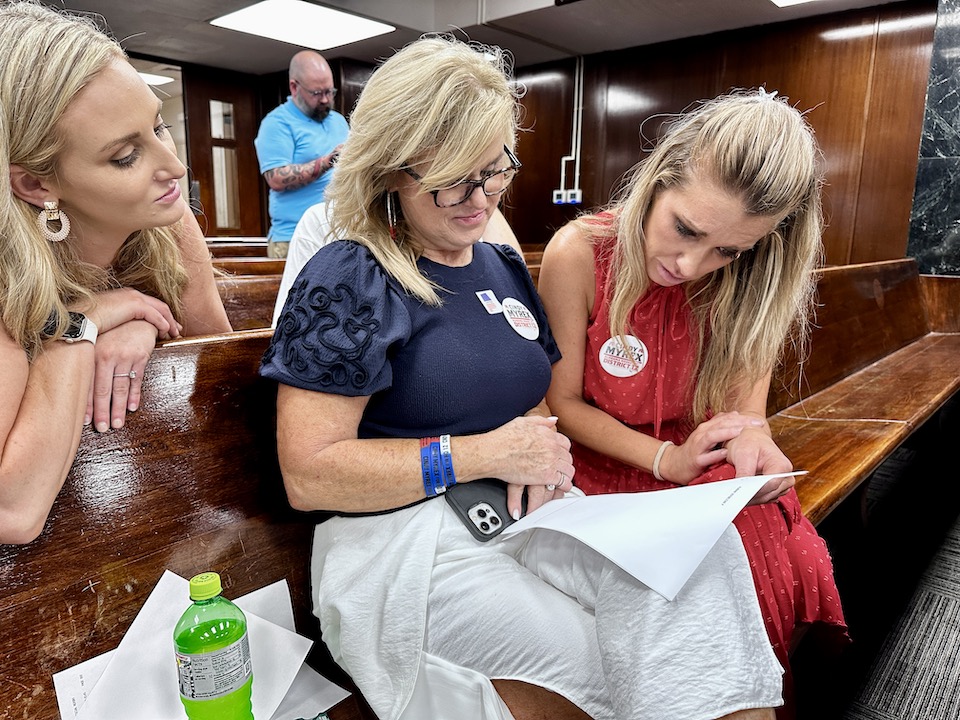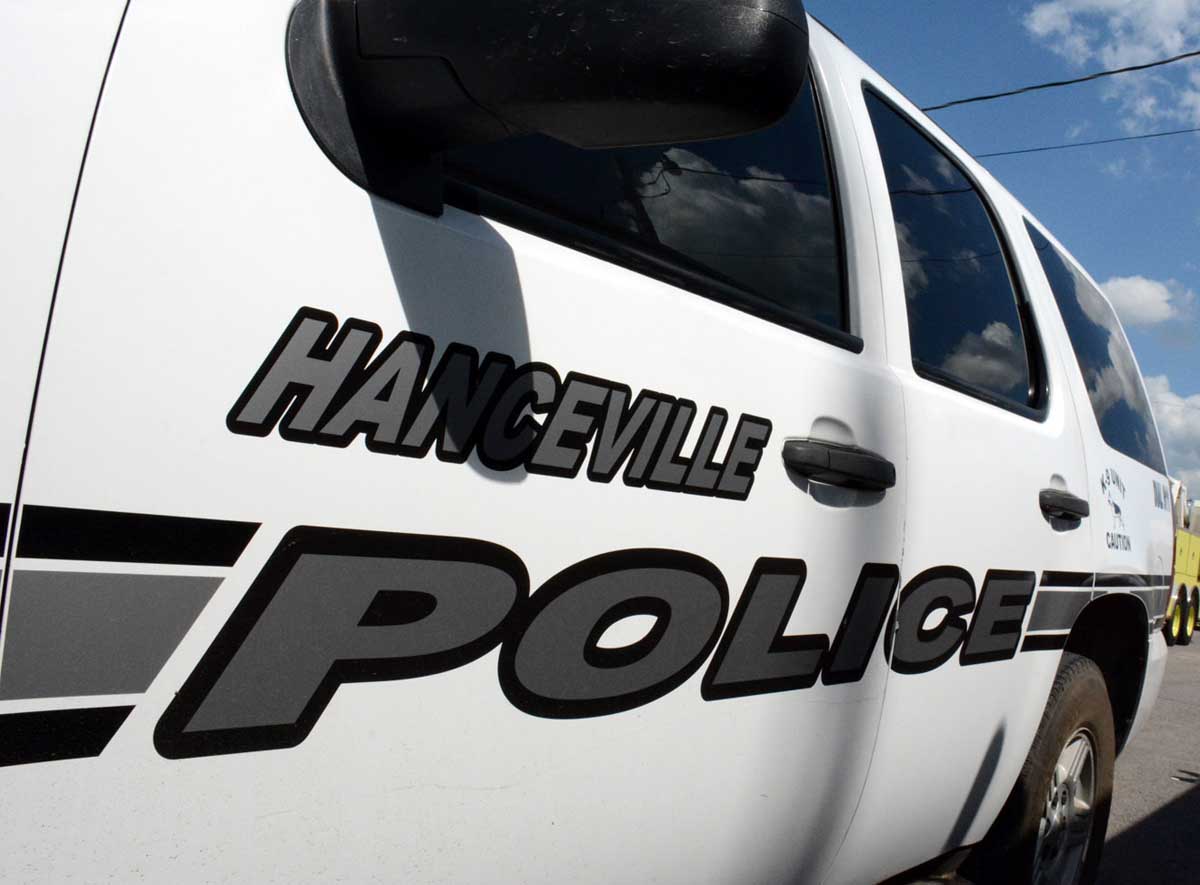Berlin weighs licensing plan for in-town businesses
Published 12:11 pm Tuesday, February 22, 2022

- Berlin Mayor Patrick Bates encourages residents to take part in the 2020 census.
BERLIN — Since first becoming a town in 2018, Berlin has navigated a lot of administrative “firsts,” negotiating the same series of legal requirements every new Alabama town must pass — from tax collection to record keeping to electing a mayor and council — when residents voted to incorporate.
Now the town is taking its first steps toward another “first”: drafting and approving a licensing schedule to cover new and existing businesses within the Berlin corporate limits. At its regular meeting Monday, mayor Patrick Bates and the town council took up their first discussion of establishing business licensing, using existing licensing structures in nearby cities like Cullman as a reference template.
Trending
The council hasn’t drafted a business licensing ordinance yet, and didn’t vote on any related measures this week. Rather, Bates said the goal is to continue council discussions in a deliberate way until members have arrived at a category-buy-category rate structure on which they agree.
“There will be more details to sort out after tonight; this is just a starting point so we can agree on some first steps and move forward,” said Bates. “We want to try to have it locked in in the next 90 to 120 days, so that it’s something everybody knows and understands by around the middle of this year.”
On Monday, Bates proposed (and council members informally agreed) that a general business license in Berlin should not follow a flat-rate formula — chiefly to avoid a regressive imposition on the town’s smaller businesses that gross a modest amount in annual revenues. Instead, he proposed establishing an across-the—board general business licensing fee of $50 per year, with businesses paying the town an additional .0005 percent on any gross revenues that surpass $100,000 per year.
“Setting the baseline at $50 would cover you up to $100,000 [in gross annual revenue], and then the amount you would pay the town would grow from there — even though everyone would be paying the same percentage,” said Bates. “That works out to a $500 licensing fee on $1 million in gross revenue. That seems fair to our smaller business, since they’d not be asked to pay a disproportionately higher fee compared to our larger ones.”
Bates said Berlin currently has two businesses that pay annual sales taxes on more than $1 million in sales, with smaller enterprises forming the majority of the town’s licensing-eligible businesses. Future council discussions, he added, will address the establishing of business categories and weigh the crafting of separate licensing structures for each.
In other business, the council:
- Adopted a resolution formally authorizing the town’s service agreement, approved in January, for bush hogging and mowing services on municipal property for the coming year. Glen Laney will perform landscaping and mowing services at a cost of $100 per cut, while Steve Clark will perform bush hogging for $800 per cut.
- Adopted a resolution formally adopting the council’s previous agreement to provide employee health care insurance coverage through Montgomery-based Local Government Health Insurance Board (LGHIB).
- Adopted a resolution formalizing the town’s agreement to receive federal aid funds using the standard allowance provision under the American Rescue Plan Act (ARPA).
- Approved the minutes of the council’s Jan. 17 regular meeting.





